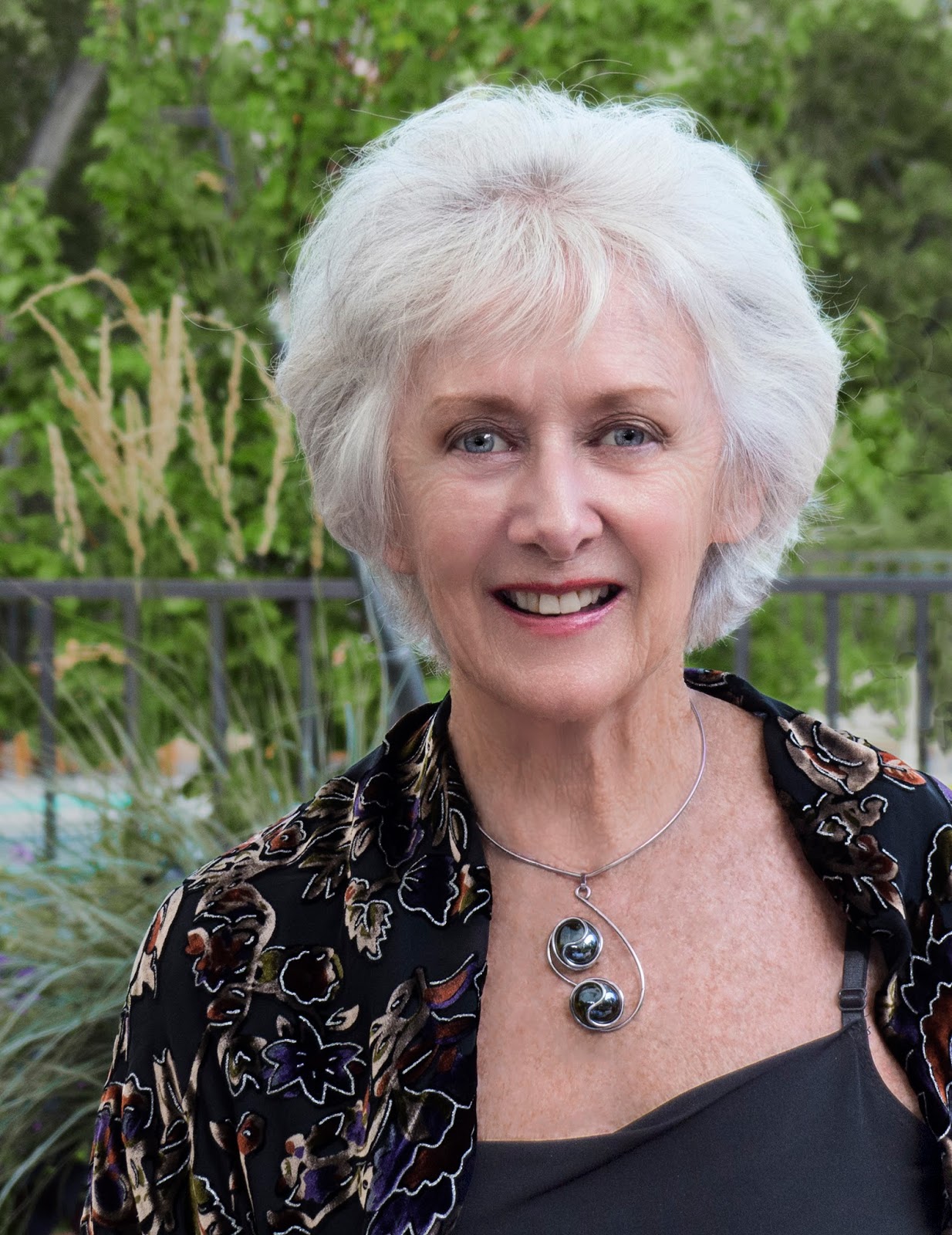Rodney Punt shares a review of Professor Byron Adams
After returning from a recent LA Phil concert, UC Riverside professor of musicology Byron Adams posted a remarkable comment on Facebook. Here is his take on the orchestra's performance of French music, especially that of Ravel's La Valse, with its deep resonances from the composer's experience on the front lines of the First World War:
"I just returned from that rare event, a wholly satisfying concert by the Los Angeles Philharmonic. It was conducted, superbly, by Lionel Bringuier, the outgoing Assistant Conductor who has a post with the Zurich Tonhalle. He has a clear, expressive beat à la Monteux that might prove a suggestive model for more famous conductors. Jean-Yves Tibaudet played Saint-Saens's fifth piano concerto (which the composer himself entitled 'Egyptian') as if he had been transmuted into the composer playing his own work. Of course, as always with Saint-Saens, the audience loved it, and rightly so.
"The concert began with a lovely performance of Messiaen's Les offrandes oubliées -- the last time that I have heard that piece live was with the same orchestra under Guilini. After intermission, a lovely but unremarkable performance of the First Suite from Ravel's Daphnis et Chloe. I always miss the chorus in such concert performances.
 "Then an altogether remarkable, harrowing, moving performance of Ravel's La Valse. Ravel served at the front in the First World War, driving a truck filled with live ordinance, which was a incredibly dangerous job. He and his student Ralph Vaughan Williams are two composers who, suffering after the war from PTSD, managed to bring the battlefield into the concert hall. They served with honor during the war and after, reminding us of the horror and pity of war from the perspective of combatants, a rare occurence in music history.
"Then an altogether remarkable, harrowing, moving performance of Ravel's La Valse. Ravel served at the front in the First World War, driving a truck filled with live ordinance, which was a incredibly dangerous job. He and his student Ralph Vaughan Williams are two composers who, suffering after the war from PTSD, managed to bring the battlefield into the concert hall. They served with honor during the war and after, reminding us of the horror and pity of war from the perspective of combatants, a rare occurence in music history."This performance of La Valse gradually drew in the listener: as the music turned darker and more violent, I began to feel a suffocating panic as if I was trapped on a battlefield with bombs exploding, machine-gun fire, confusion, death, and raw terror. My heart was racing. In those final pages, Ravel does not evoke a battle, he gives you the actual sounds of battle in an astonishing feat of orchestral onomatopoeias. After it was over, although I had sat perfectly still, I was astonished to find that I had tears coursing down my face. Whatever else he possessed, Maurice Ravel had supreme courage and nerves of tempered steel -- he did not flinch in the daunting task that he set before himself in composing this great score.
"After the concert, I recalled the saying attributed to Sir Edward Grey in 1914 just after the First World War had started, "The lights are going out all over Europe; we shall not see them lit again in our lifetime." The bitter horror is that those lamps were never relit in Europe or anywhere else -- the darkness became total eclipse and millions upon millions died throughout the bloody twentieth century and are still dying now as humankind plunges ever more rapidly into a ghastly barbarity enabled by technological "progress."
"That is the terrible message and continuing relevance of Ravel's La Valse."
LA Opus thanks Professor Adams for reminding us how closely bound can be the ties of great music and emotionally charged issues of life and death.













1 comment:
Reading this article, I felt drawn into the music and the darkness it evokes - a wonderful insight into how artists transform their most compelling life experiences into art.
Post a Comment